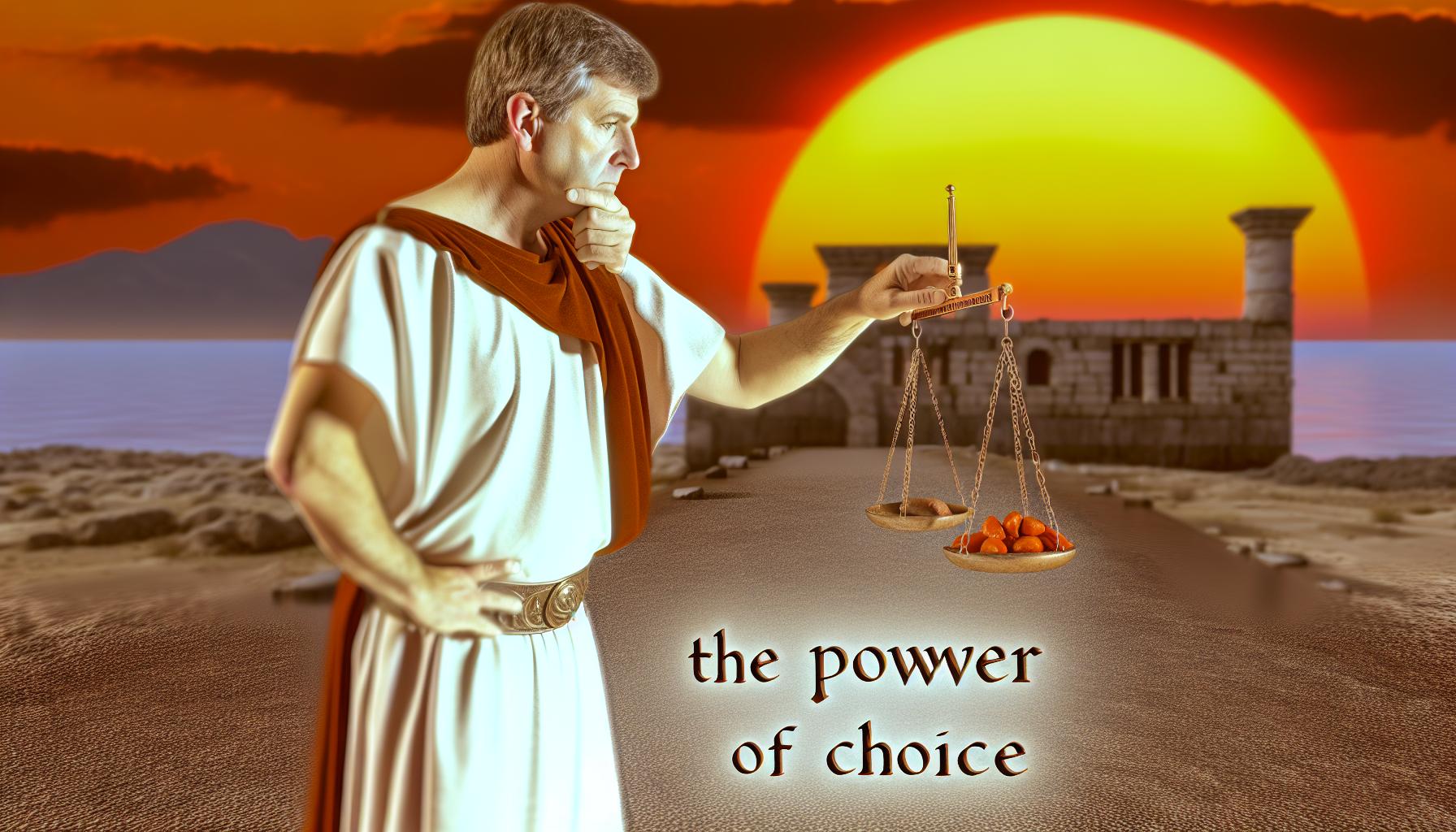How others experience your personality not only impacts your overall leadership effectiveness, how others experience your personality has the potential to profoundly impact the organization's culture, performance and ultimately, your reputation and bottom line.
The way you "show up" to your employees and colleagues directly influences how they engage with one another and with Customers. The frank truth is most people are extremely sensitive the Behaviors and emotions of others.
Sad but true... Many people do not know what kind of day they will have until after they have been engaged by others. Many are unaware of the power of their own self awareness and the power to own their decision regarding how they choose to interpret and respond to what others say, do or do not say or do not do.
Understanding and managing this influence and chain reaction is crucial for any leader intending to foster a more productive, positive workplace environment. Managing your personality experience is key to getting people to want to do the work well. Your reputation is a direct reflection of how others experience your personality.
Why This Matters
The tone, direction and culture of a team and organization are set at the top - “All problems start at the head.”
How a leader’s personality manifests (how they "show up") and how others perceive it castes long-lasting ripples throughout the team and organization. When leaders "show up" with appropriate vulnerability, openness and positivity, it positively translates to how employees interact among themselves and handle Customer relations. Conversely, if a leader appears disengaged or negative, that associated energy will most definitely cast a pall over the workplace, impacting morale and efficiency. These dynamics directly influence the company’s success, affecting everything from employee retention to Customer satisfaction and financial results.
Beyond the basics of being vulnerable, open and positive, good leadership requires solid EQ through the awareness of one's own Behavioral Style, their Driving Forces (motivation) and that of others. This awareness facilitates the ability to adjust one’s approach to the needs of others accordingly. Instead of being "behaviorally tone deaf" with regard to how a their Behavioral Style “shows up” and impacts others, leaders must understand their Behavioral Style and that of others and navigate appropriately.
The Power of Choice
Long ago, I learned a powerful lesson that has undoubtedly altered the trajectory of my personal and professional lives. That less is - No one makes me feel anything.
It concerns me greatly to hear others speak the following words, “You make me feel…” Thoughts become things... My friend... If this is a sentence combination that you hear in your own head and speak from your lips and / or hear from others, you are not maximizing your own potential nor the potential of those in your entrusted in your charge. Whatever you believe you will call into being. Allowing others to make you feel anything facilitates an immense degree of power into the hands of others.
Choose carefully. I have the power of choice of whether or not to allow the behaviors, words and actions of others to impact my day and my life.

We need all the help we can get... Check out the timeless teachings of Marcus Aurelius, the unintentional stoic philosopher and Roman emperor. His journal is shared in the timeless classic “Meditations”. Marcus Aurelius demonstrated the profound ability we each can manifest to choose our response in the moment. In any given moment, leaders can choose to listen with curiosity or react with anger or joy. Marcus Aurelius believed that no external force could harm us unless we permitted it. By choosing not to feel harmed by external events, we can maintain our composure and steer clear of unnecessary distress, drama and friction. Again. Choose carefully.
"You have power over your mind — not outside events. Realize this, and you will find strength." - Marcus Aurelius.
The capacity to choose one’s response is especially crucial in leadership, as it dictates the emotional climate of the entire team. And one does not require a title to lead. Each of us leads from our respective seats.
Understanding and Adapting to Different Personalities
I grew up in a broken home with a great deal of trauma and turbulence. I vividly recall meeting my future in-laws when I was 16. I wanted so badly to fit in - to be part of a real family and these people were the real deal. My Behavioral Style was (and still is) extremely different from that of my sister and brother in-laws. It was not long until I began to feel that there was something wrong with me. I stuck out. I was a more aggressive problem solver with less of an eye on the details relative to them. They were conflict averse. I sprinted towards conflict.
It is putting it lightly to suggest that my Behavior was markedly different from that of my in-laws. There was friction... I wanted to belong... Accordingly, the story I told myself was, "I am the problem. I need to change. My Behavior is bad. They are normal. I am not normal. I must behave."
Several years later, I learned my truth when I completed a DISC / Motivators assessment and reviewed the generated Coaching Report. I saw a mirror reflection of who I truly was in that narrative. The truth was, my Behavioral Style was literally opposite of most of my future in-laws. Until then, I did not know this was normal. I thought there was something wrong with me. I learned that each of us are normal in our own ways. I spoke my mind while my in-laws were much more reserved. I was MUCH more conflict comfortable than they were. I was simply unaware of Behavioral Style differences. How I "showed up" caused friction because my Behavioral Style / Motivators were particularly different from theirs. My personality was friction to people I dearly cared about.
How are your colleagues and employees experiencing your personality? How is your personality "showing up" or impacting others in your team and organization? What stories might the people you care about be telling themselves about you and your relationship. Do your employees feel they fit in (or not fit in)? Keep in mind, awareness of the Behavioral Styles of others is not something we are hard-coded at birth to grasp. Accordingly, many - perhaps most people do not know how to interpret nor interact with personalities that differ starkly from their own. This can lead to misunderstandings and conflicts within a family, team and people randomly meeting one another on the road of life.
It is essential for leaders and their teams to be aware of their own Behavioral Style and recognize Behavioral Style differences. This awareness is the foundation of learning to navigate them effectively and honor them. Just as important, leaders must create this awareness in their teams and organizations.
Chances are your desired communication approach is the opposite of others you work with.
The Role of Emotional Intelligence
The cornerstone for leaders to manage diverse personalities effectively is through development of their emotional intelligence (EQ). EQ is the ability to understand and manage your own emotions and that of others. By maximizing EQ, leaders can create a more empathetic and understanding workplace, which enhances team collaboration and productivity.
Defining Personality - The Powerful Impact of Psychometric Assessments - the TriMetrix® HD.
Personality encompasses the characteristic patterns of thoughts, feelings and behaviors that make a person uniquely who they are. Beyond the abstract, personality can be objectively and quantitatively measured using psychometric assessments like the TriMetrix® HD. Utilizing psychometric assessments like the TriMetrix® HD can be transformative. These tools not only measure various aspects of personality but also pinpoint areas where leaders and their teams can improve their emotional intelligence quickly and effectively.
By understanding their own and others' behavioral drivers and communication styles, everyone in a team and ultimately organization can interact more harmoniously and productively.
Engage Your Team in Self-Discovery
A practical approach to enhance team dynamics involves engaging employees in a journey of self and interpersonal discovery. Initially, this can be done in a workshop setting with subsequent awareness development during employee onboarding. This is achieved through the review of their TriMetrix® HD assessment results, combined with education on DISC profiles and Driving Forces. DISC profiles categorize behavior into four primary styles — Dominance, Influence, Steadiness, and Compliance — providing a language for discussing personal tendencies in a structured way.
Take Decisive Action
For leaders seeking to gain a powerful edge to reduce unnecessary interpersonal friction and elevate their organizational culture and performance, understanding the profound influence of personality is key. By engaging powerful tools like the TriMetrix® HD the result will be enhanced self-awareness and interpersonal awareness (EQ).
This awareness by leaders will dramatically impact how they and their teams "show up" every day. Better decisions will be made in the moment. This awareness and mindfulness not only shapes the internal atmosphere and dialogue of the team and organization but also defines how the organization is perceived externally by Customers – the ones who pay the bills.
The personality you embody as a leader is the experience you create for your team and everyone your organization touches. Embrace this responsibility with intention and insight and the rewards will resonate throughout every level of your organization.


